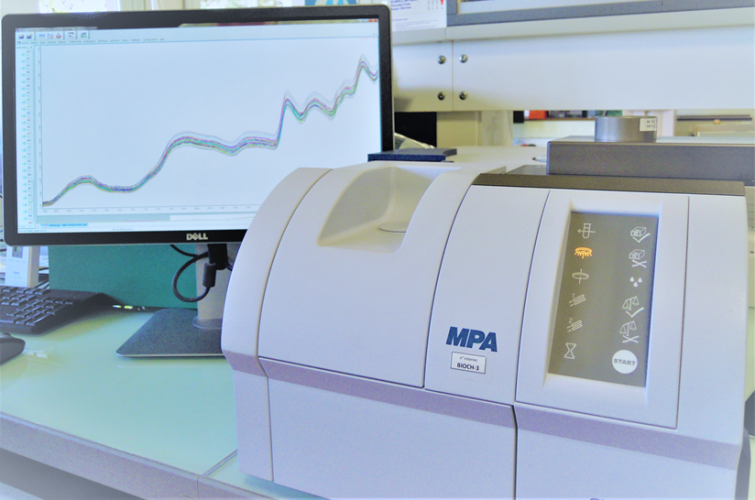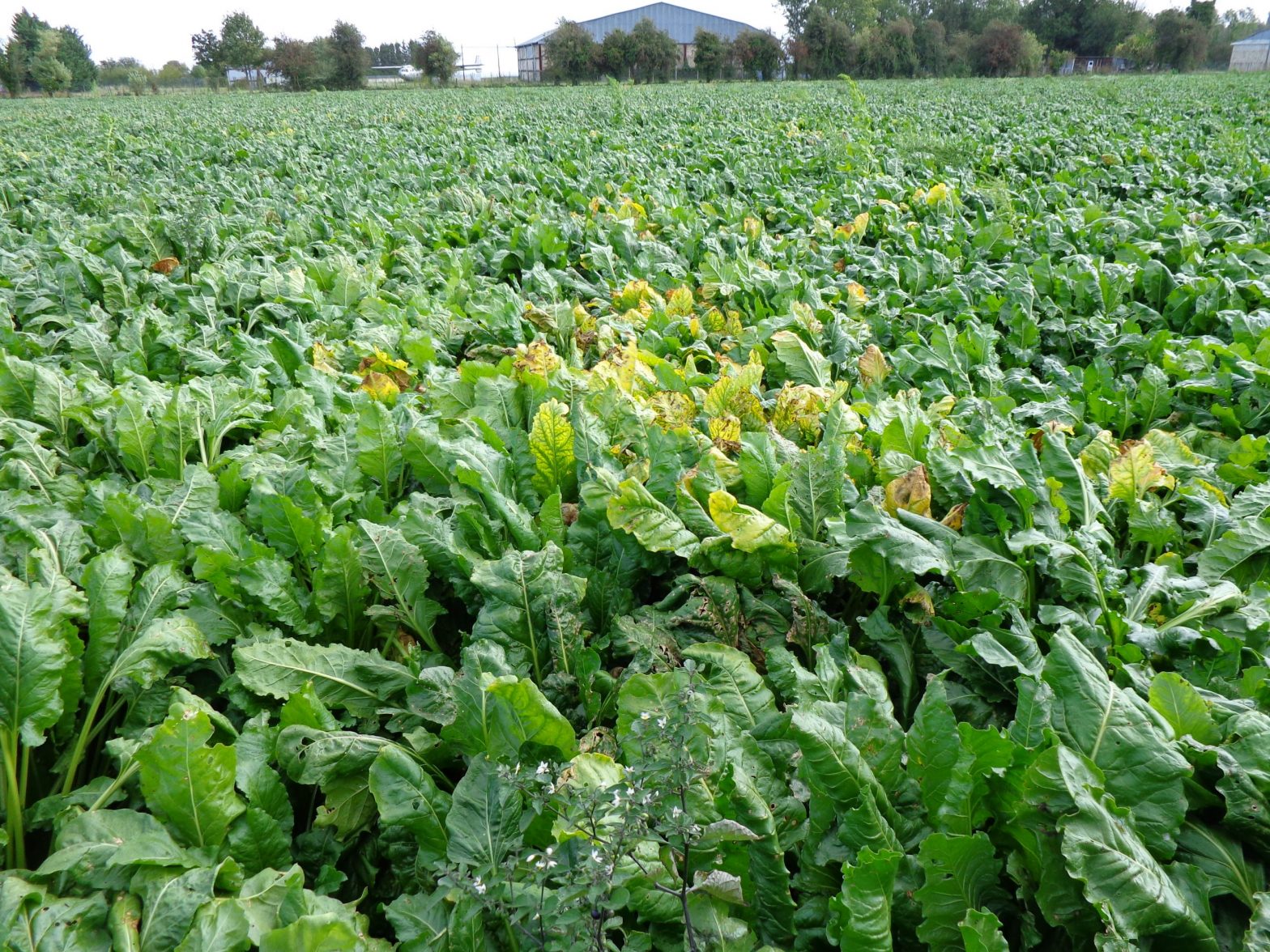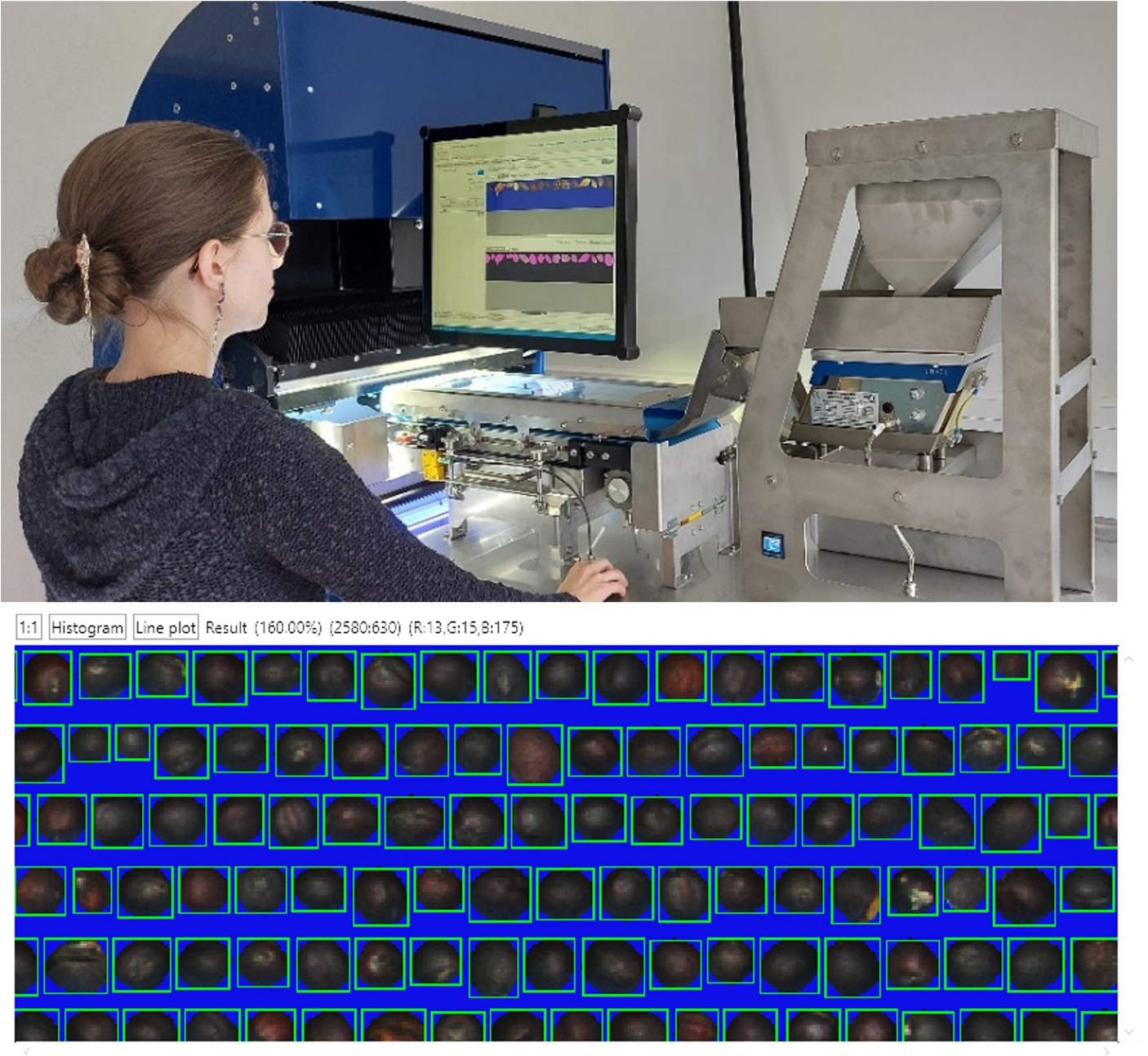Better evaluating varieties and seeds in the context of climate change
Trajectory
In the context of climate change, varieties are and will be subjected to various abiotic stresses, which will become increasingly frequent, intense and erratic (due to drought, high temperatures, cold, excess water, etc.). Evaluating the tolerance and stability of varieties to these different stresses is a major challenge. Estimating vigour at emergence is also an essential subject.
Climate change favours the emergence or re-emergence of pathogens (bacteria, viruses, fungi, nematodes) and insects. It is important to develop methods for detecting and identifying bio-aggressors of interest, and methods for evaluating varietal resistance to these pathogens.
Climate change may also lead us to rethink the definition of trial networks and maturity groups, and to identify the characteristics to be evaluated in relation to the phenology of the varieties and develop the associated methods, in order to identify the key phases of plant development in relation to the stresses encountered, right from the planting phase.
Consideration needs to be given to how farmers’ cropping practices can be taken into account in variety trial networks to limit exposure to these different stresses. In this context, evaluating varieties for use in mixtures or associations is a subject that needs to be worked on.
Finally, climate change is increasing the risk that data from variety trial networks will be incomplete, following exposure of trials to extreme events (hail, storms, etc.) or conditions that could lead to their partial destruction. Appropriate statistical tools need to be developed and implemented to make the best use of this data.
Priority actions
To develop and implement tools for :
- envirotyping, phenotyping and modelling tools to evaluate the tolerance of varieties to hydric stress;
- phenotyping to evaluate at an early stage the vigour of varieties and their seeds under adverse conditions;
- envirotyping, modelling and statistics to estimate the impact of stresses on trials;
- statistics to evaluate the stability of varieties.
Monitoring themes
In collaboration with its R&D partners, GEVES will monitor the envirotyping tools that are being developed and that can be used for evaluating varieties and seeds.
GEVES will remain on the lookout to identify pathogens of interest to work on, for example by following the work carried out by other research and development stakeholders:
- in epidemiology and epidemiosurveillance, to identify and understand changes in the pathogenicity of pests and diseases in relation to climate change;
- on the collapse of resistance due to extreme climatic conditions.
Examples of projects

BrasExplor
Exploring the genetic diversity of Brassica species for sustainable agricultural production.
INVITE
To innovate in terms of evaluating varieties in Europe, to enable the development of varieties that are better adapted to various biotic and abiotic stresses, and to sustainable production conditions.







